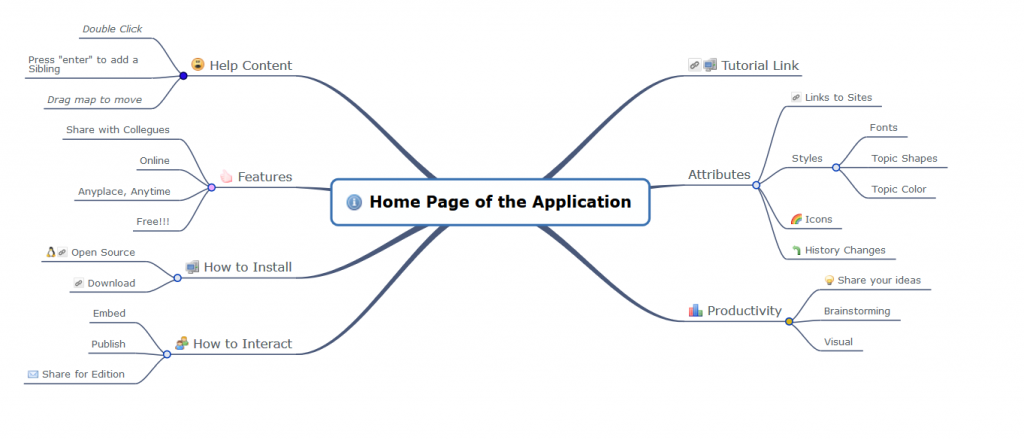Using Mind Maps instead of Test Cases !
A Mind Map is a graphical representation of an idea/concept/process flow. User can use symbolic representation to display the flow. In terms of testing, mind map can assist in covering the scenarios like equivalence/boundary valued etc. Nowadays, most of the testing activities happen in a traditional way, understanding requirements -> creating high level scenarios -> segregation of test cases with different factors like functional and non-functional and then go on .. mind map will give a breakthrough approach on the traditional way.
Why Mind Map
- For large scale projects, creation of test cases is still a complicated process. Creation of test cases may look like a one time activity, yet the cost of maintenance is a huge effort ahead. Times taken for a person to go through all the individual test cases is a time consuming process.
- To avoid these kind of duplication and extraneous effort, we can prefer mind maps. These are effective tools to cover the functional matter to be tested.
- Mind Map creation is not a one time activity for agile projects, it takes a longer time to stabilize the mind maps. User has to carefully adjust the nodes in the map to reflect the exact change. On a coverage perspective, the mind maps look more easier to an end user.
- Once the mind map is created, the user can easily interlink the impacted areas and test the features accordingly. This is really helpful in large scale projects where there are multiple feature teams working together.
Creating a Mind Map
- For a developed application, User has to know the in depth details to create a mind map.
- For an agile application, the mind map will be evolving on day to day basis. There are many online/offline tools available.
How to Create
- Preferably, during the initial phase, the user is not supposed to use the tools directly as it would create more rework. Create a one using offline by using a whiteboard/paper so that any kind of changes will not have time or cost impact to introduce in the map. Once a checkpoint is reached where the user thinks the flow is complete, he can use the offline tool and create a draft version.
- Freemind is one of the open source tool used to create mindmaps. There are other paid version apps like mindmup, canva, Wisemapping
Sample Mind Map created using wisemapping tool.
Impact on Test Life Cycle
- Assigning a tester to assert certain nodes in the mind map and validate. If there are interlinked maps, the tester can able to verify other components too.
- As the impacted areas can be covered easily, the user would be aware of what areas to be tested and what not.
- Test Reporting would be a complicated stuff. Yet would wish, if any tool can assist us in creating and managing the map for the test life cycle.
Comments
- Anonymous
June 15, 2017
Nice use case for mind map! Causal cognitive mapping could work too. It can capture the causal chain through the test case, assumptions and goal/desired state.- Anonymous
February 27, 2018
Yes Jo., Agree to that. We can expect some market players to turn it to an opportunity.
- Anonymous
- Anonymous
February 14, 2018
HiCan we create this using MTM? If so, can u please guide me? Thanks - Anonymous
February 14, 2018
HiCan we create this through MTM ? If so , please guide me.Thanks- Anonymous
February 27, 2018
AFAIK we dont have this capability, but you can check mindmup/coggle. They provide a good usable interface.
- Anonymous
